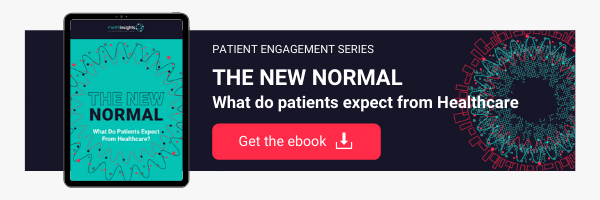An increasingly digital world means there are higher expectations from patients around the use of up-to-date technology, online provision of care and how their data is managed by healthcare organisations.
With many patients preferring the wording choice of activation or autonomy instead of empowerment, are patients considered as much as they should be in digital healthcare?
Pressures on the NHS are greater than they ever have been. Amid the global pandemic, there has been a significant increase in the adoption of digital technologies which have proved critical in supporting us in the fight against COVID-19.
Although the current crisis is accelerating the adoption of digital healthcare practices, many have existed since before the pandemic. We can not forget that the Long Term Plan had called for the digital transformation of healthcare, fully taking on board the unmet demand for digital services.
They are known by multiple names - digital health, eHealth, mHealth, Health 2.0, etc. They all entail the use of networked technologies to facilitate clinical healthcare functions but can cause added confusion for those already resistant groups of patients.
We have accessed insights, real-life case studies and perspectives from digital users and patients regarding technologies that exist to empower users of the healthcare system. From the deployment of technology that is entirely patient-centric to devices that have missed the mark, we have delved into what it means to be empowered and the innovations leading the way.
%20(1).png?width=500&height=58&name=HETT%20insights%20logo%20RGB-04%20(1)%20(1).png)


.png)
